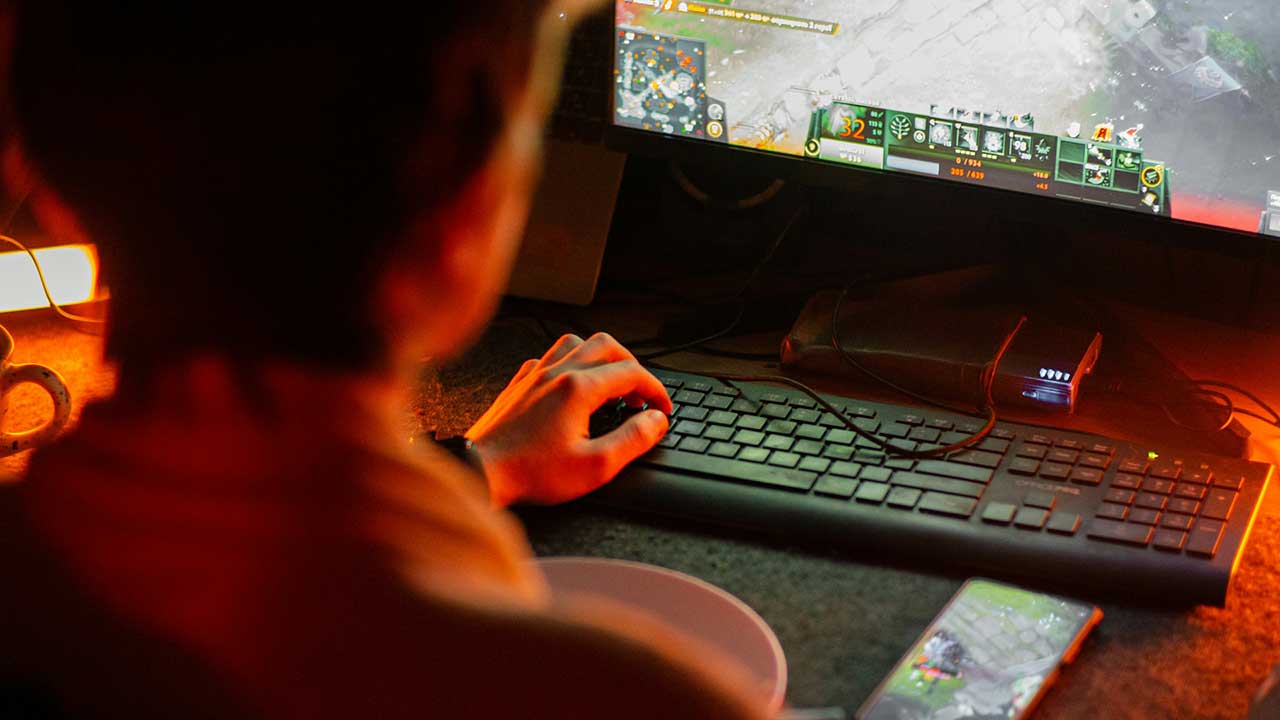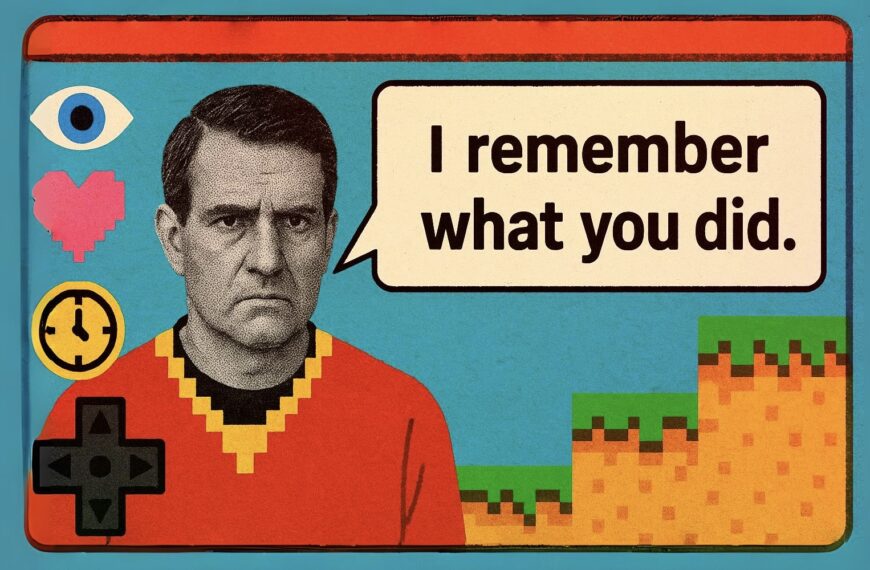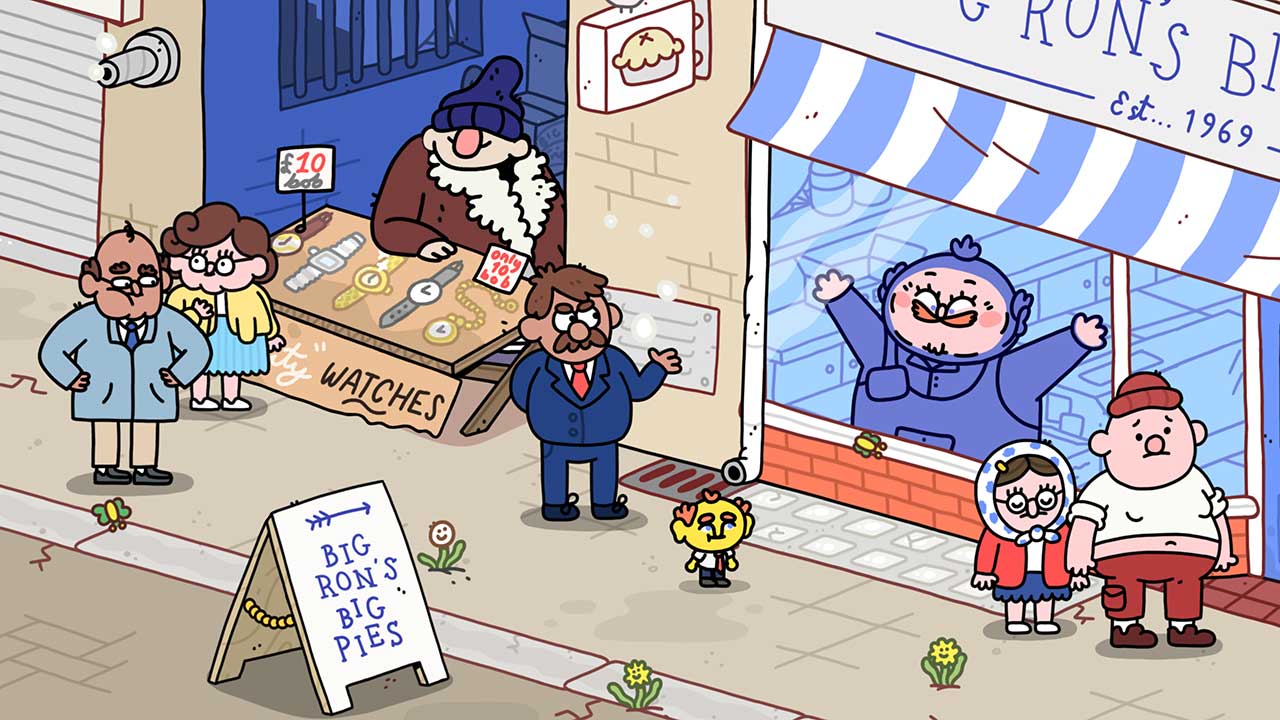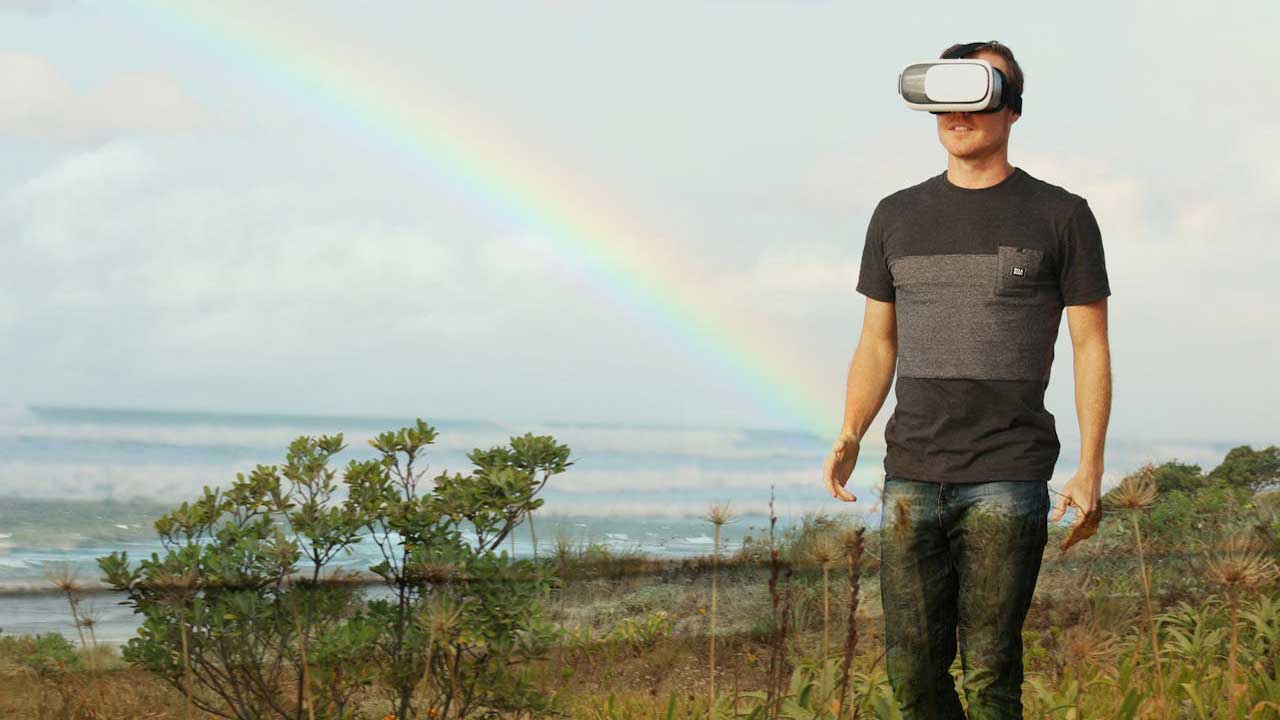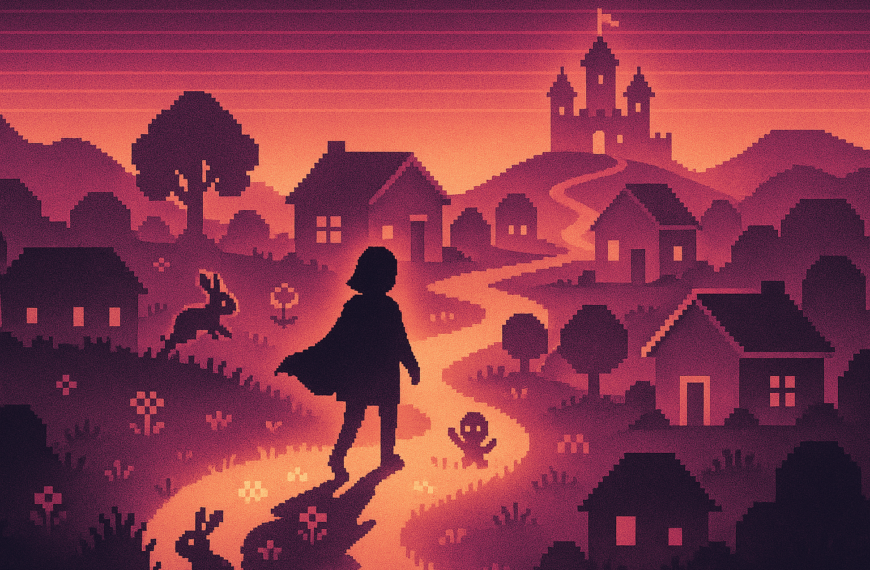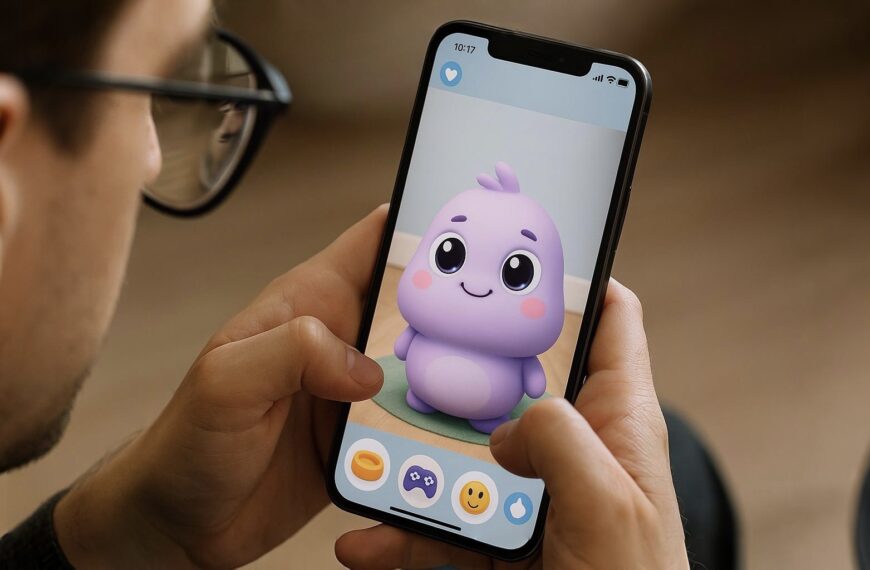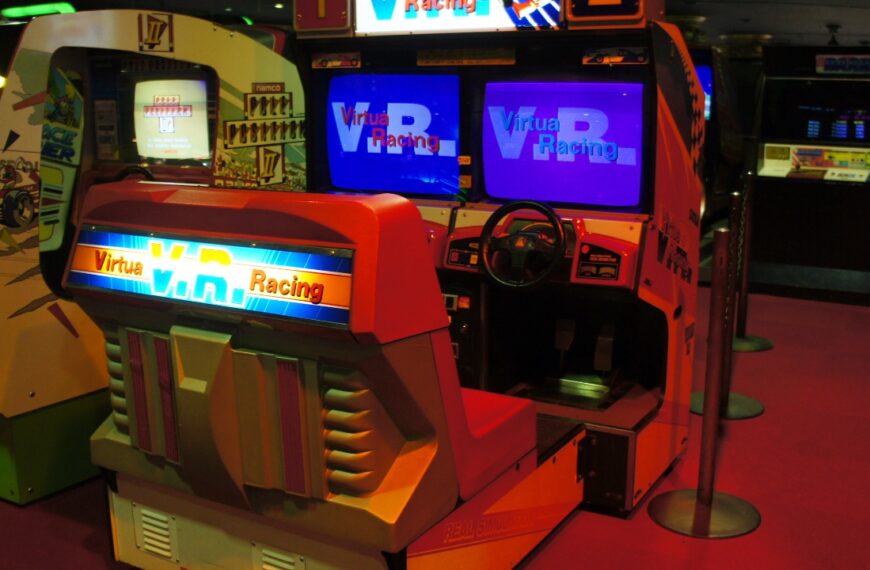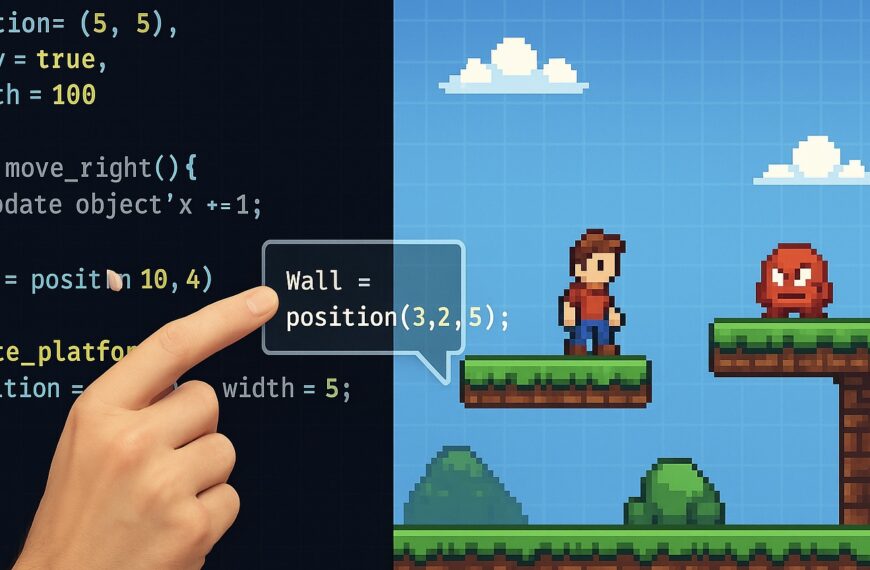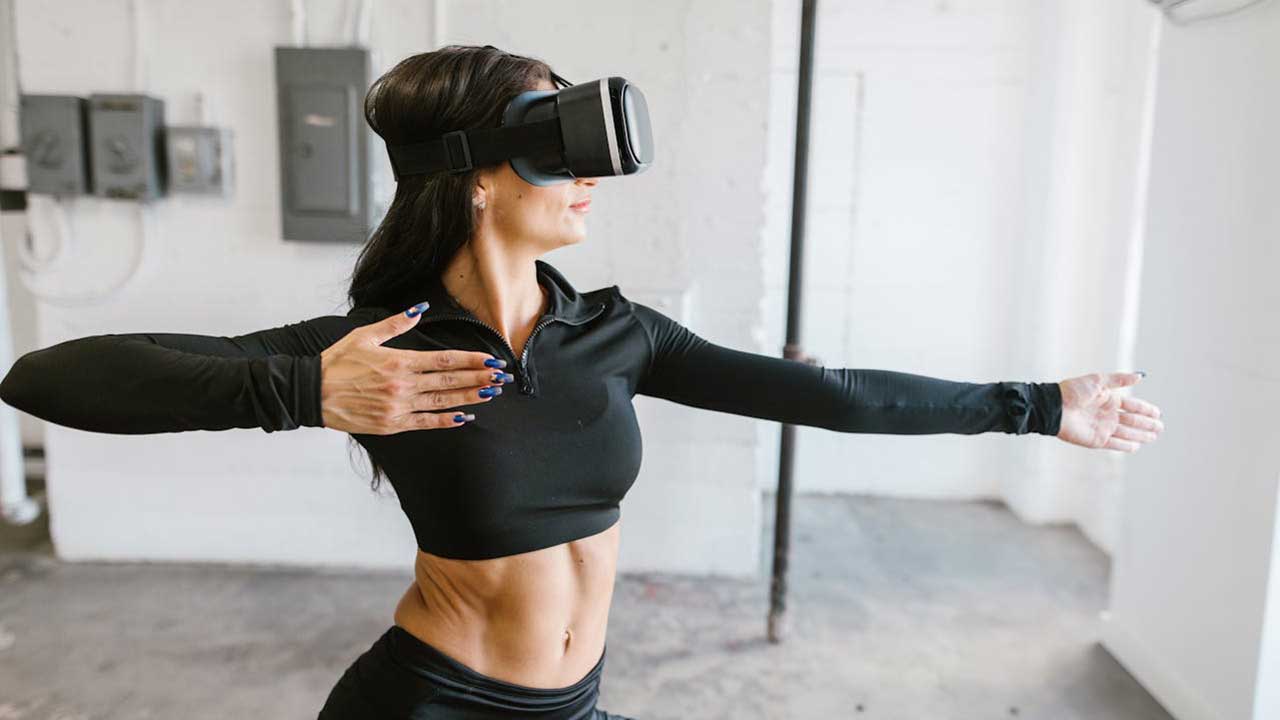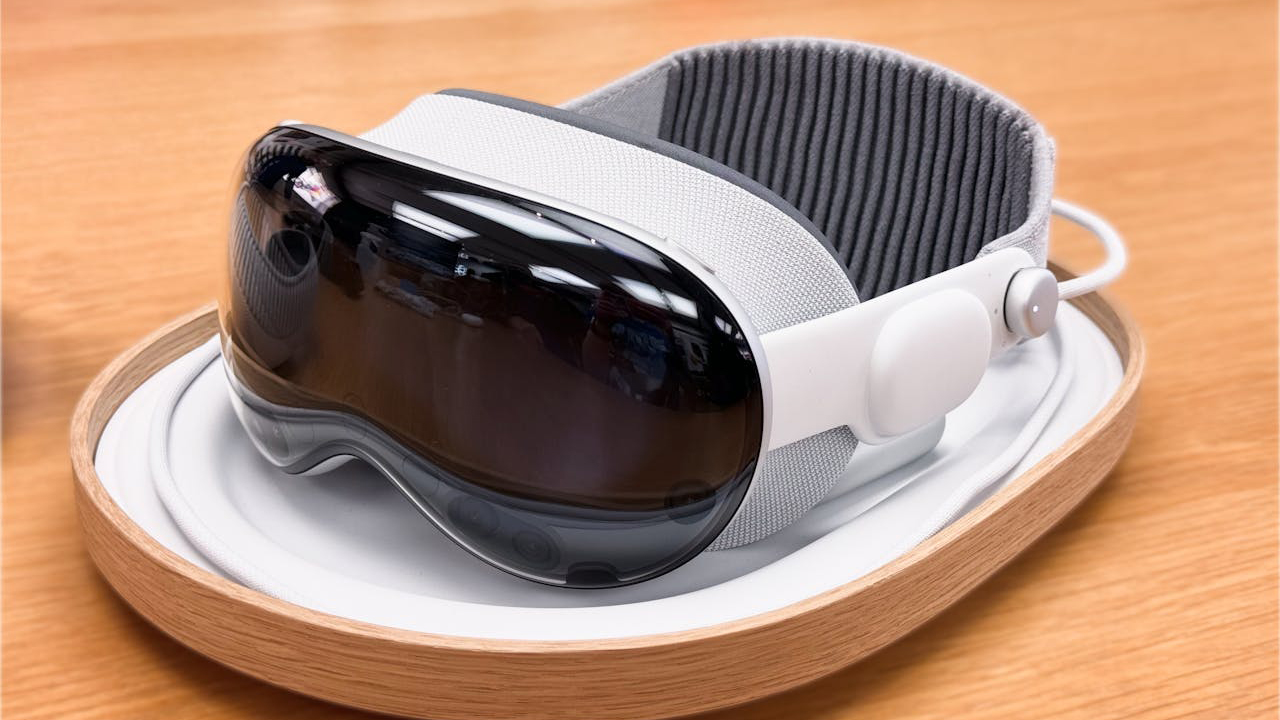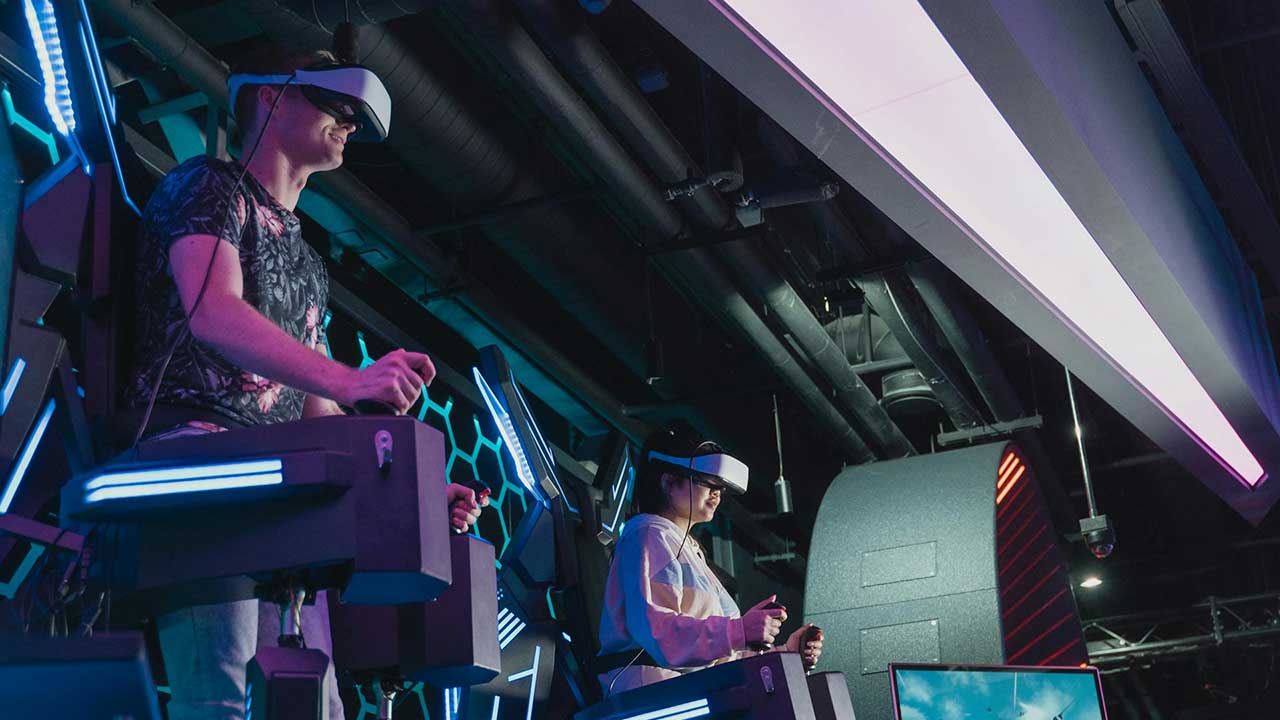Spending more time in virtual environments isn’t just changing how we play—it’s changing how we think. VR is immersive in a way that can make digital spaces feel almost as real as physical ones. The way our brains react to these experiences is opening up new questions about identity, perception, and behavior.
As the tech gets more convincing, it’s worth asking what kind of long-term effects come with living part of your life inside a simulation.
When the Virtual Feels Personal
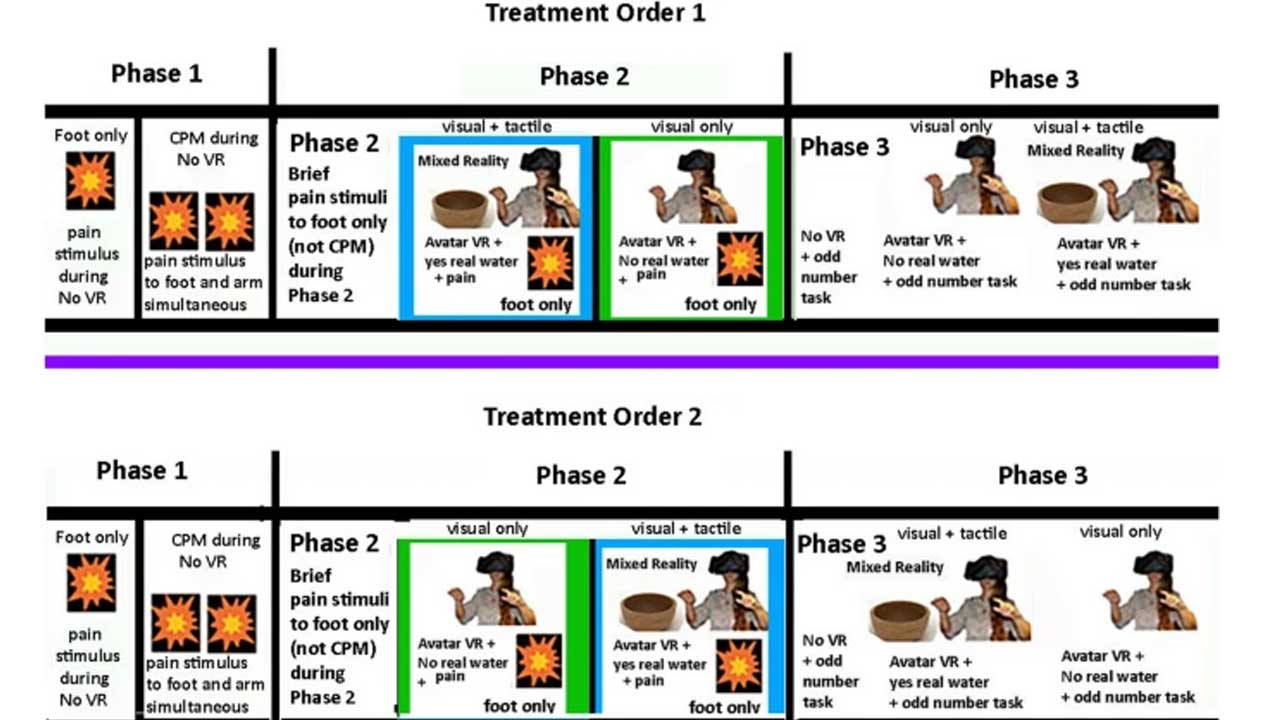
In VR, people often feel like they’re not just observing—they’re participating. A 2023 study in Scientific Reports found that adding tactile feedback to virtual experiences increased users’ sense of avatar ownership, making the virtual experience feel more personal and real.
That kind of immersion can make certain experiences in VR stick with you, even after the headset comes off. Your mind doesn’t always draw a clear line between what happened digitally and what felt real.
Avatars Can Subtly Shift Behavior
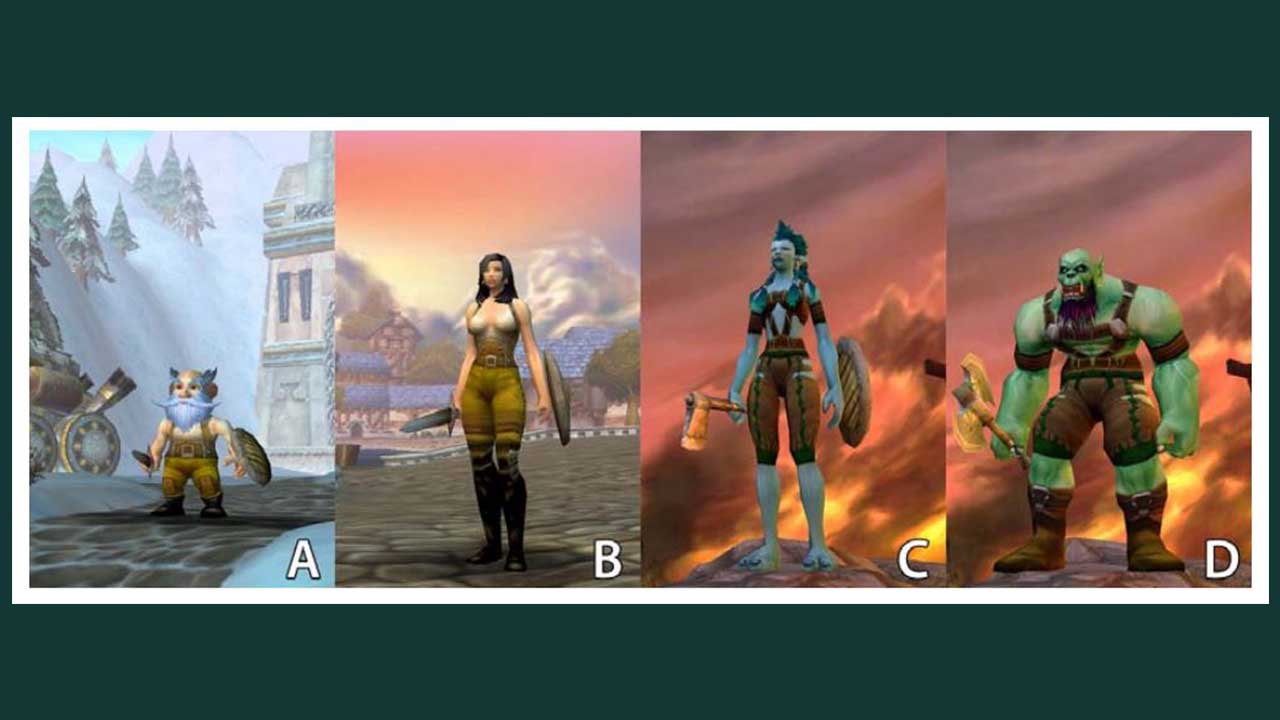
One of the most interesting effects in VR is how people adapt to the roles they play. Research from Stanford’s Virtual Human Interaction Lab shows that users often take on traits of their avatars—known as the Proteus Effect.
When someone controls a taller or more confident-looking avatar, they tend to act more assertively—even outside the headset. The way you look in VR can subtly shape how you behave in real life.
Emotional Hangovers from Virtual Time
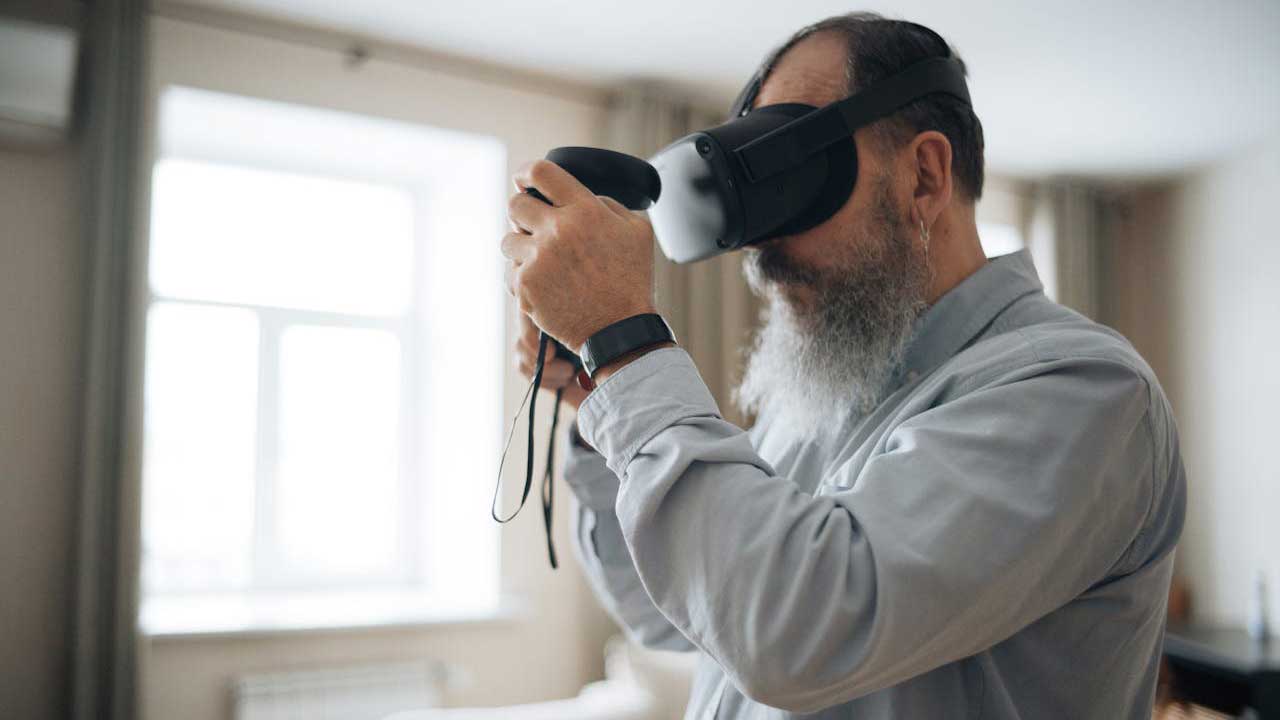
For some, intense or prolonged VR sessions can cause a lingering sense of disconnection. A paper in Frontiers in Virtual Reality reported that users experienced perceptual and behavioral effects, as well as changes in dreams, after VR use.
Just like a vivid dream or an emotional movie, these experiences can stick around—even if you know they weren’t real.
Social Pressure Still Works in VR
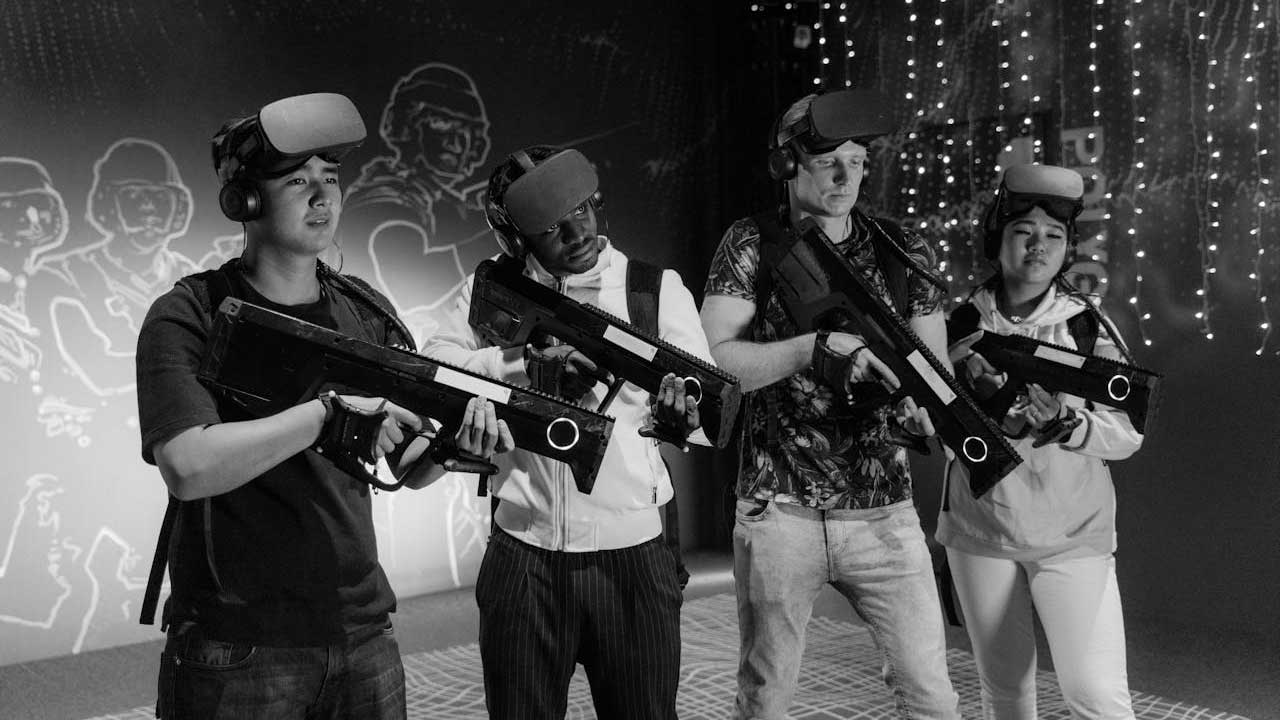
Even in virtual settings, people still follow the group. A recent study in European Psychologist explored how immersive virtual environments impact users’ creativity and social behavior, indicating that group dynamics in VR can influence individual actions.
The drive to fit in doesn’t switch off just because you’re in a headset. We bring our social habits with us into digital spaces, whether we realize it or not.
Balancing Virtual and Real Worlds
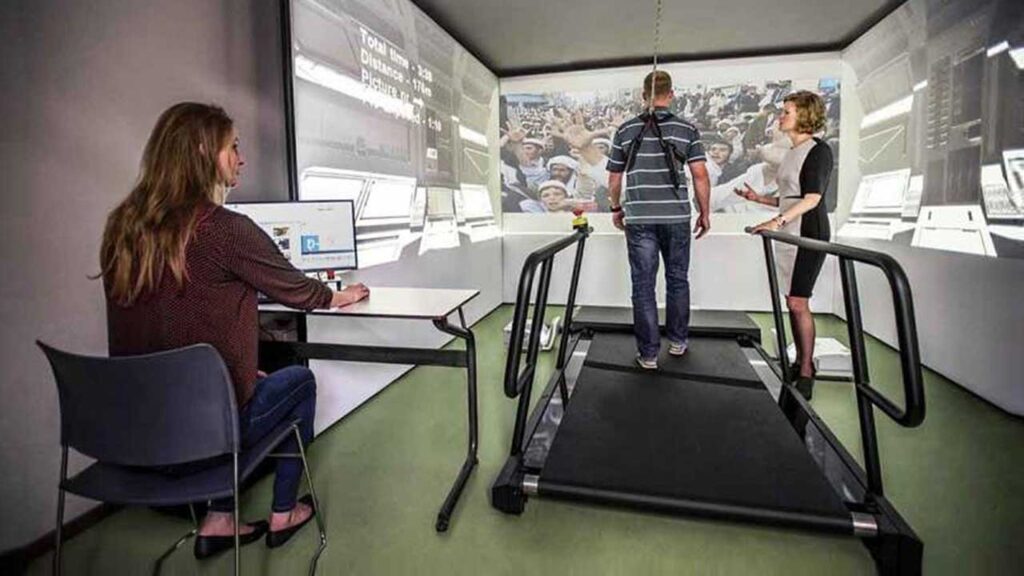
None of this means VR is harmful—it just means it’s powerful. A report from Frontiers in Psychology highlighted the importance of balancing digital immersion with grounding routines, especially for younger users or those prone to dissociation. It’s about knowing when to unplug and reconnect with your physical surroundings.
VR can be fascinating, creative, and even helpful. But as it becomes a bigger part of life, understanding how it affects us mentally is just as important as how it works technically.
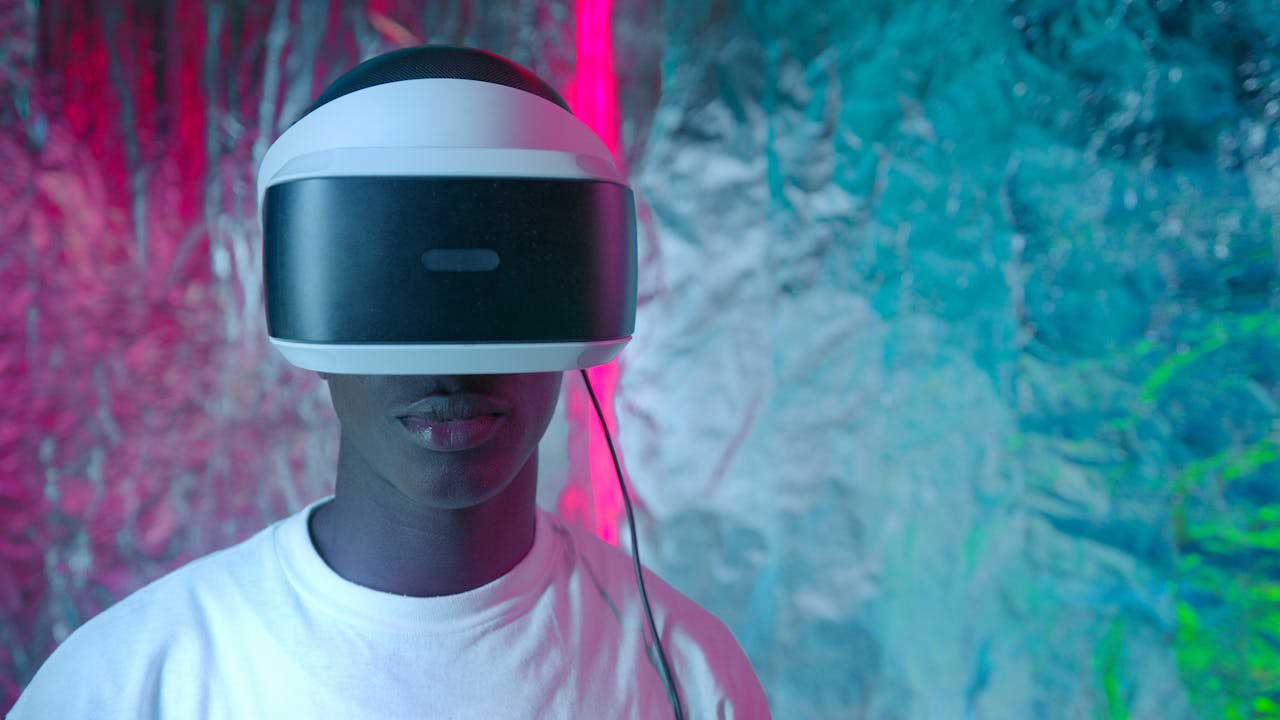
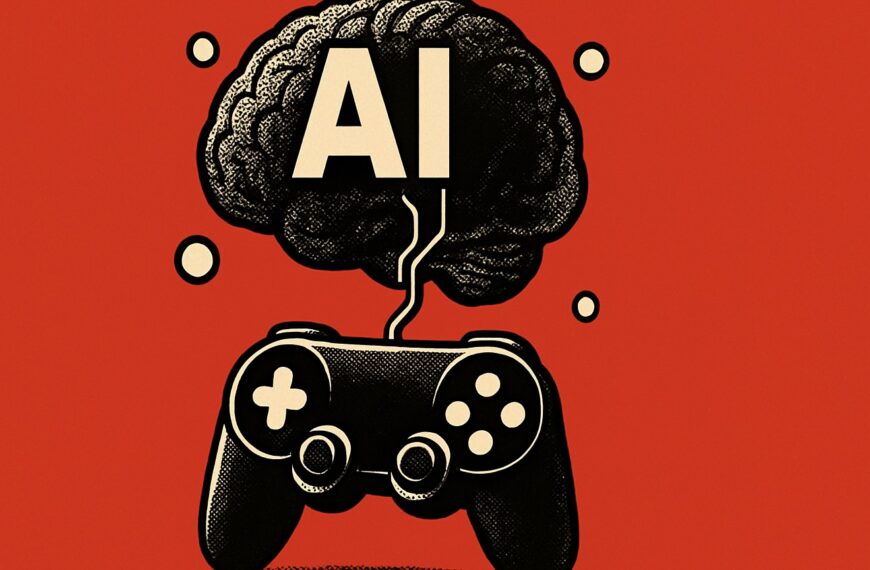
 By
By